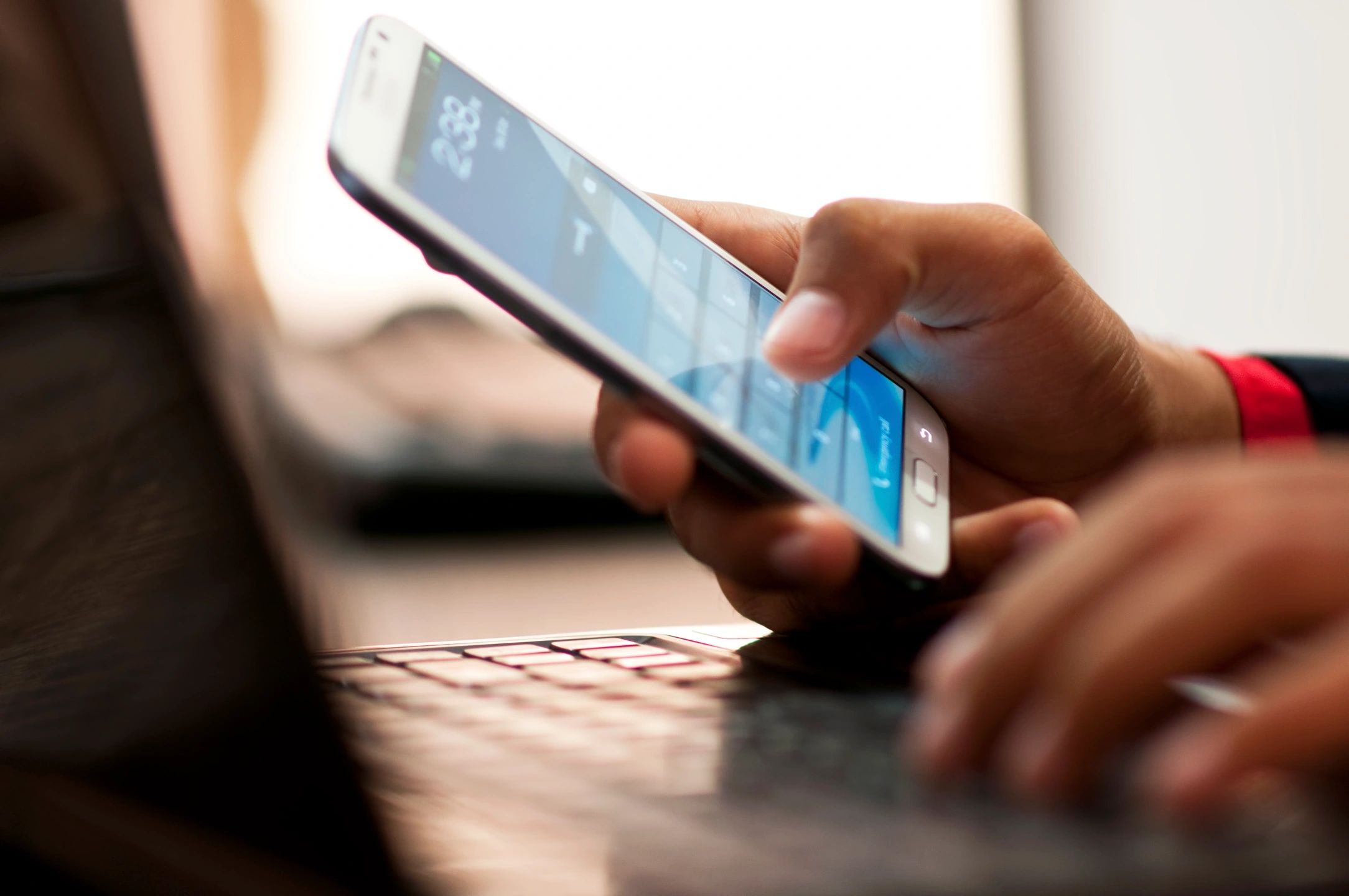
Compulsively Check Your Smartphone?
New research highlights the different triggers that may cause you to compulsively check your smartphone and offers suggestions that may help you kick the habit.
Everywhere you look, people are checking their smartphone with great frequency — and not just teens and college students.
For some, smartphone behavior has become compulsive, with negative effects on their lives.
Scientists at the University of Washington (UW) found a series of triggers, shared by all age groups, that initiated and ended habitual smartphone use.
The researchers also investigated solutions smartphone users created to curb an undesirable level of use.
The team presented its findings May 7 at the ACM CHI Conference on Human Factors in Computing Systems in Glasgow, Scotland.
“Our findings primarily target designers, helping them understand what makes digital experiences meaningful for people. What we learned also shows that designing apps that are easy to pick up and put down at will is better for users than combating attention-grabbing apps with lockout mechanisms,” Alexis Hiniker, PhD, co-author of the study, told Healthline.
Hiniker is also an assistant professor in the Information School at the University of Washington who specializes in human-computer interaction. She’s also the director of the UW User Empowerment Lab.
“Our findings also describe in detail what compulsive phone use is like in the moment, the factors that trigger it, and the factors that help users break out of that cycle,” Hiniker said.
Hiniker explains her study began when she and her colleagues listened to people talk about their frustrations with the way they interacted with their smartphones.
However, all of those interviewed told of phone experiences that had personal and persistent meaning.
“That is very motivating for me,” she said. “The solution is not to get rid of this technology; it provides enormous value. So, the question is, how do we support that value without bringing along all the baggage?”
In late 2017 and early 2018, Hiniker and her team interviewed 39 Seattle-area smartphone users in three groups between the ages of 14 and 64: high school and college students and adults with college degrees. (Thirty-nine people is a large sample for the type of in-depth, qualitative work she and her team conducted, she says.)
The researchers interviewed the participants, asking them questions about which of the apps on their phone were most likely to lead to compulsive behavior.
“Many participants cited social media apps as experiences they turned to compulsively,” Hiniker said. “But a lot of others came up as well: casual games, YouTube, email, and text messaging.”
What triggers compulsive phone use? Find out HERE.
Written by Patrick Keeffe
Healthline
